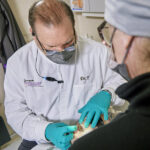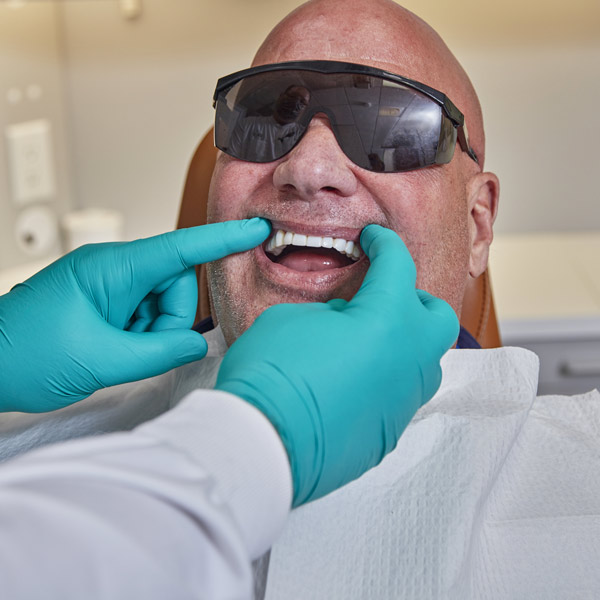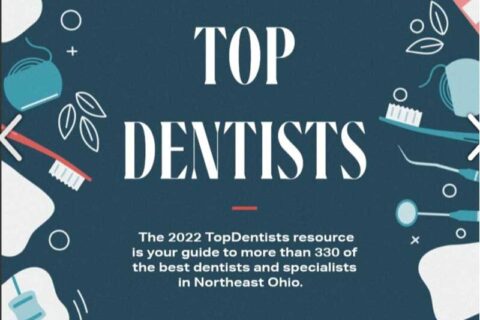Teeth Grinding
What Is Grinding?
Grinding your teeth, known as bruxism, can affect patients of all ages. Although mild grinding of your teeth is a normal part of a child’s baby tooth development and a natural part of your teeth wearing over time, it can also be a major oral health problem. Many people associate grinding your teeth with increased stress, and although this is a common factor there may be more serious dental issues that need to be addressed.
What Causes Us to Grind?
Grinding can be caused by the teeth failing to come naturally together, and therefore your body tries to “grind” away the part of your tooth that is preventing this normal closure. Most patients do not know they are affected by grinding because it often occurs at night and is known as nocturnal bruxism. Regular visits to your dentist will insure that any grinding that is occurring is not going to have long term oral health effects
Treatments:
Common treatments include oral splint therapy, replacing failing or defective restorations, selective adjustments to chewing surfaces of teeth, as well as other options. If excessive grinding is not taken care of it can lead to tooth fracture, root canals, lost crowns and fillings, a break down of the gums and bone, as well as other problems.







